Taking the first steps to start hiking is a wonderful way to connect with nature and it allows you to escape from the everyday stresses of life.
It’s also a great way to challenge yourself and develop new skills, such as navigation and wilderness survival.
Looking back, I clearly remember the moment I went on my first hike. I had just signed up to be a member of the Sierra Club of Puerto Rico and was eagerly ready to start hiking. Weeks later, I registered for my first group hike.
Disclaimer: Some affiliate links are placed in this content which means we receive a percentage of the revenue made from purchasing products via those links–at no extra cost to you. All of the opinions are our own. Thank you for supporting our blog!
It was 2011 on a hot and humid summer day in Puerto Rico and I was set to begin a strenuous 5-hour hike with breathtaking vistas.
Not to mention, this hike also included going up cliffs and climbing over rocks.
This was a hike through the coastal coast of Fajardo, starting at Seven Seas Beach, passing through a cave with a natural swimming pool called La Zanja, and going around Cabezas de San Juan Natural Reserve.
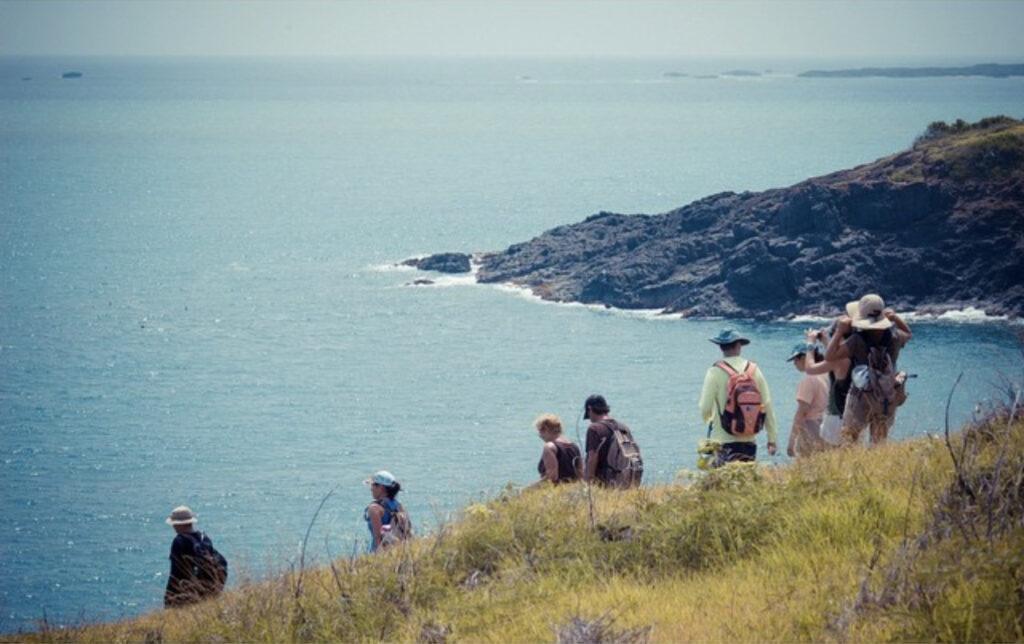
This was definitely not a trail that I would recommend for hiking beginners. Nonetheless, to say it was life-changing for me is an understatement. It was everything!
From that moment on, hiking became part of my life and it’s also something that I truly enjoy talking about.
I’ve learned a lot along the way and made tons of mistakes too —like that one time, I hiked over 10 miles wearing cotton socks and my feet were miserable for weeks!
Regardless, I’ve learned how to hike, how to stop making the same mistakes, and to enjoy the journey.
With that in mind, I crafted this post charged with all the things I wish I had known when I started hiking.

[BTEN id=”2594″]
How Many Miles Can a Beginner Hike in One Day?
If you’re about to start hiking for the first time, or if you’re still just a couple of hikes in, I suggest you stick to 3-5 mile hikes and make sure the difficulty is fit for hiking beginners. You will find the difficulty, length, and elevation gain on the map of the hiking trail.
This will let you know if it’s a hike that can be suitable for you when you’re just starting your hiking journey.
First Thing to Know Before You Start Hiking
When planning to start hiking or even if you’re wondering how to start hiking as a hobby, it’s important to set realistic expectations for yourself.
Don’t try to tackle a difficult trail that’s beyond your fitness level or experience.
Don’t be like me! Instead, choose a trail suitable for hiking beginners that’s within your abilities. Then, gradually work your way up to more challenging hikes.
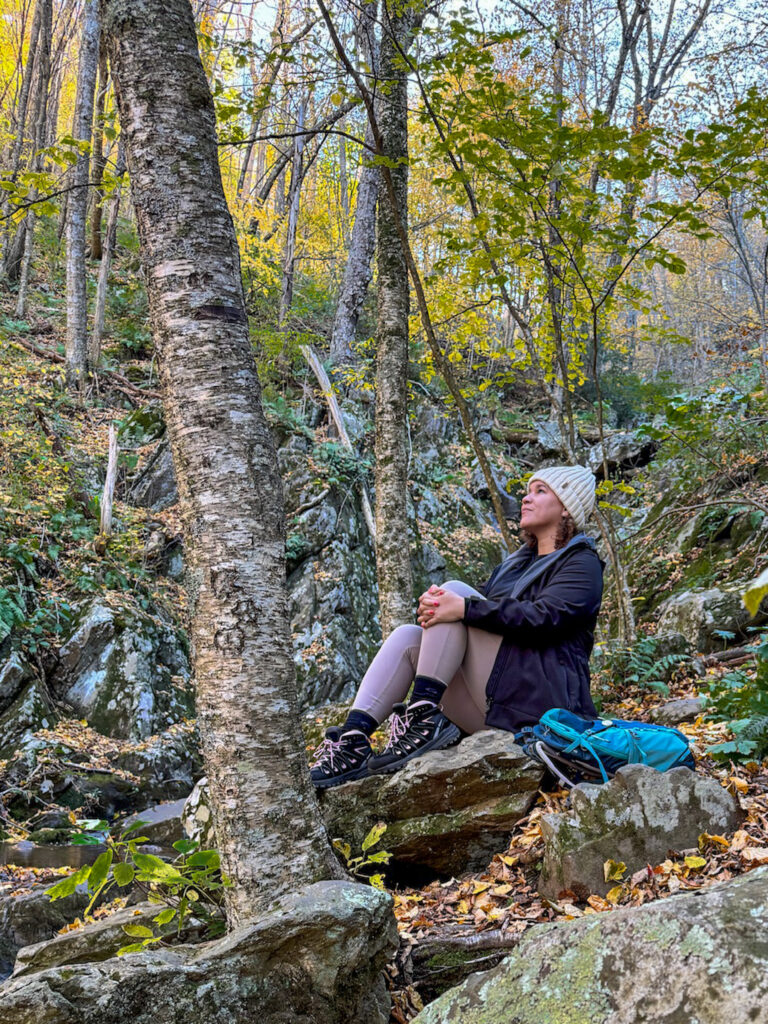
How Do You Start Hiking For Beginners?
The key is to start hiking at a comfortable pace and take regular breaks to rest and hydrate. Drink small sips of water every 15 minutes to avoid feeling thirsty.
It’s also important to respect other hikers on the trail by following trail etiquette.
Yield to uphill hikers, stay on designated trails and pack out all trash. And most of all, keep it quiet and don’t disturb wildlife.
Although we will mainly focus on hiking for beginners, you can still apply these hiking tips each time you go on a hike moving forward.
10 Tips for Hiking Beginners
1. Choose the Right Trail
As a beginner, when you start hiking it’s important to choose a trail that’s right for you. Starting with an easy trail will allow you to get a feel for hiking and develop your skills.
Always pay attention to the signs along the trail as many trails cross with others. Stay on your planned trail at all times and don’t change routes.
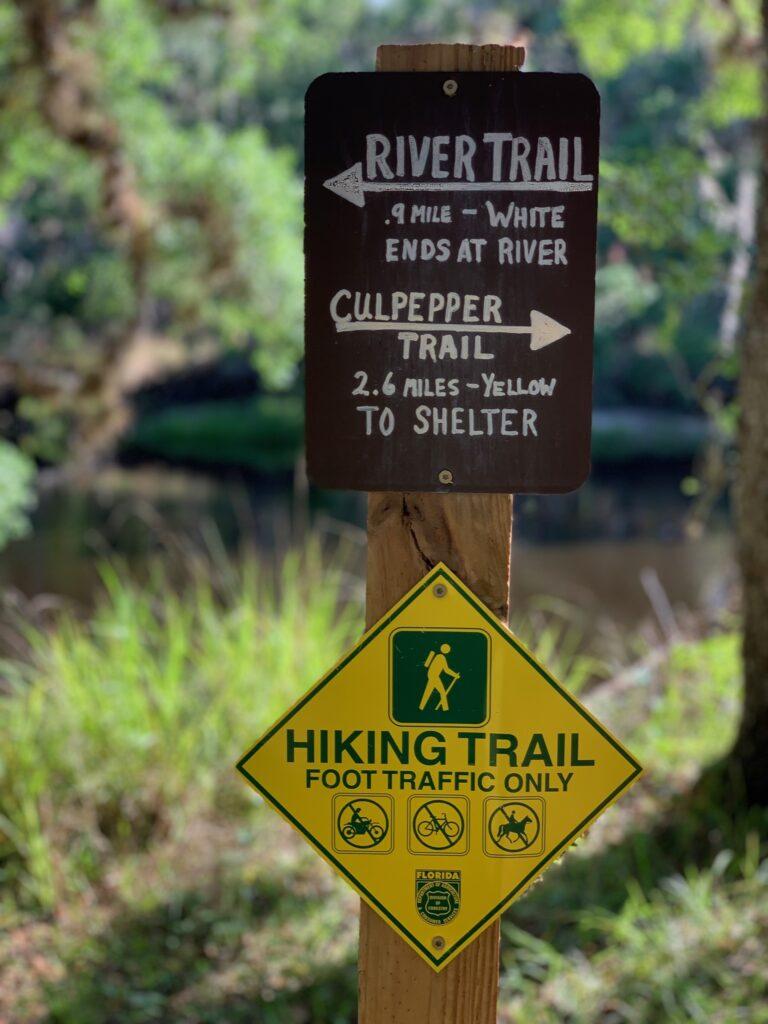
2. Wear the Right Gear
Before setting out on a hike you have to gather some basic hiking gear. And I stress the word “basic” because as you gain more experience, you’ll likely accumulate more items to carry with you.
Believe me, you’ll get to the point where you’ll be buying more hiking gear even when you don’t really need it.
Nevertheless, starting with these essential items will give you a good foundation for your first hiking adventure.
Hiking Footwear
You will need a good quality pair of hiking shoes, boots, or sandals that can give you stability on trails with uneven terrain. Look for shoes with good traction and waterproofing.
If choosing to get a pair of hiking boots, make sure to break them in before your hike to avoid blisters or other foot problems.
I know a lot of fellow hikers that have gone through this and it’s not fun at all.
Save it for later!
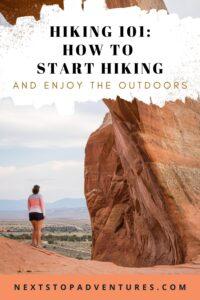
Hiking Clothes
Wearing comfortable, breathable clothing appropriate for the weather and terrain is important for a successful hike.
I always recommend long-sleeve SPF shirts because they are very lightweight and keep me protected.
Even while hiking in Utah under 107-degree weather, they kept me dry and cool! You can also dress in layers to accommodate temperature changes.
The one big thing to avoid is cotton clothing —it can retain moisture and make you cold.
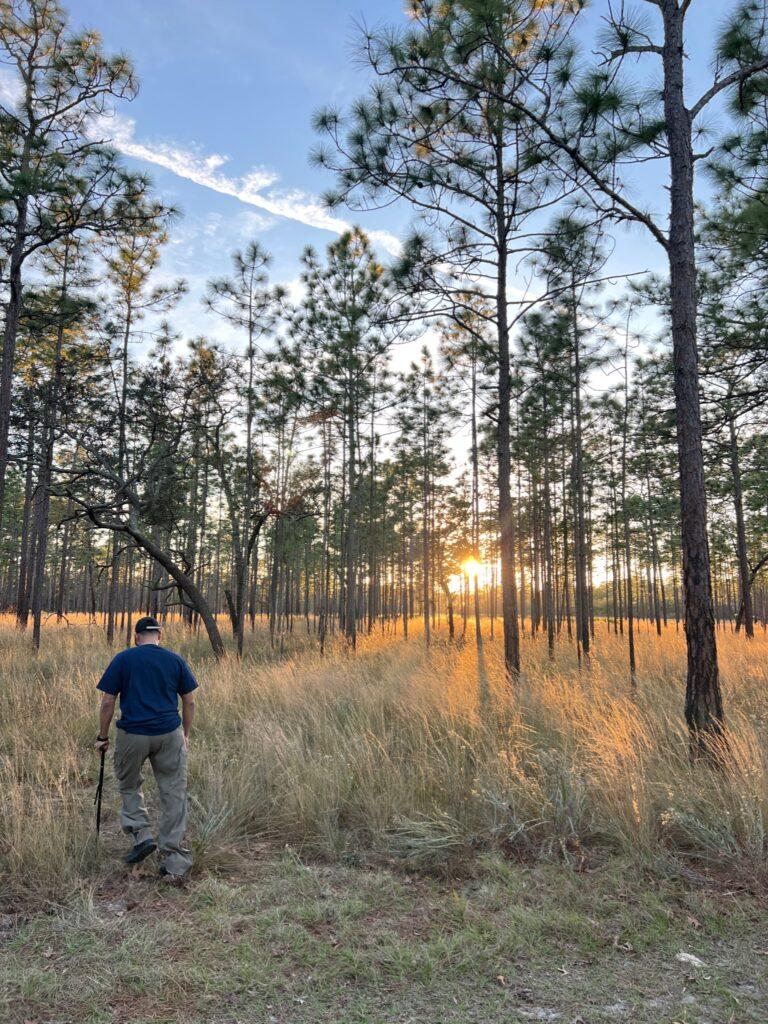
Backpack for Hiking
Choosing the right backpack is essential for a comfortable hike. Look for a backpack that’s appropriate for the length of the trail and can carry your essentials for hiking, such as water, snacks, navigation tools, and a first aid kit.
Also, test it out first and make sure the fit is comfortable for you.
Navigation Tools for Your Hikes
Bringing navigation tools such as a compass and a GPS device is important for navigating the trail. but most importantly, always carry a physical map of the trail with you!
Print out the trail map the night before and familiarize yourself with the map before you start your hike.
And of course, keep the map and compass or GPS device easily accessible during your hike.
There are also great apps like AllTrails in which you can track your progress. Keep in mind that this will drain your battery, so have a solar-powered charger on hand.
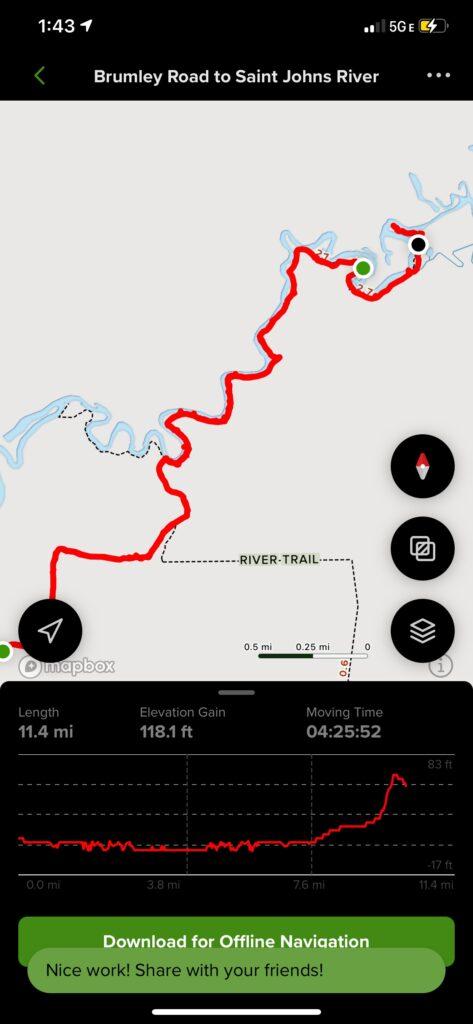
3. Pack the Essentials
As a general rule of thumb, you should always pack the 10 essentials for hiking on each one of your hikes. Also, make sure you have plenty of water, a first aid kit, and snacks to keep you fueled during your hike.
Aim to bring at least 2 liters of water for your hike. Use this formula to calculate the amount of water you should take on your hikes and bring high-energy snacks such as nuts, trail mix, and energy bars.
Sunscreen and a hat will help protect you from the sun’s rays, and a fully charged phone with a solar charger will keep you connected in case of an emergency.
4. Plan your Hikes and Start Hiking Early
Starting your hike early in the morning has several benefits, especially in the warmer months. Ideally, you want to be halfway by noon if it’s a long hike or be done by that time.
Planning your hikes ahead of time is super helpful, especially when hiking in National Parks. This will help you schedule your hikes and allow you to maximize your time.

For my Utah trip, I started hiking very early and even began the Delicate Arch Trail in Arches at 3 a.m. Because of this, I was able to do more than 12 hikes in Arches National Park!
Additionally, starting early means you’ll have the trail to yourself, avoiding the crowds and enjoying the peacefulness of the early morning.
5. Stay on the Trail
I repeat…stay on the trail! Sticking to the marked trail will keep you from getting lost. In the event of an emergency, it’s easier to have someone find you if you’re on a marked trail.
Also, hiking on marked trails helps protect the environment. Straying from the trail can damage plants and wildlife, so it’s important to respect the natural environment and stay on the designated path.
6. Take it Slow
Taking breaks when you need them and pacing yourself is super important, especially for hiking beginners. Believe it or not, hiking is a physical activity that can be very challenging, so please take it slow and don’t push yourself too hard.
During my breaks, I like to take photos, enjoy the scenery and bring my focus to being mindful and present. Breaks are also the perfect time to refuel with snacks.
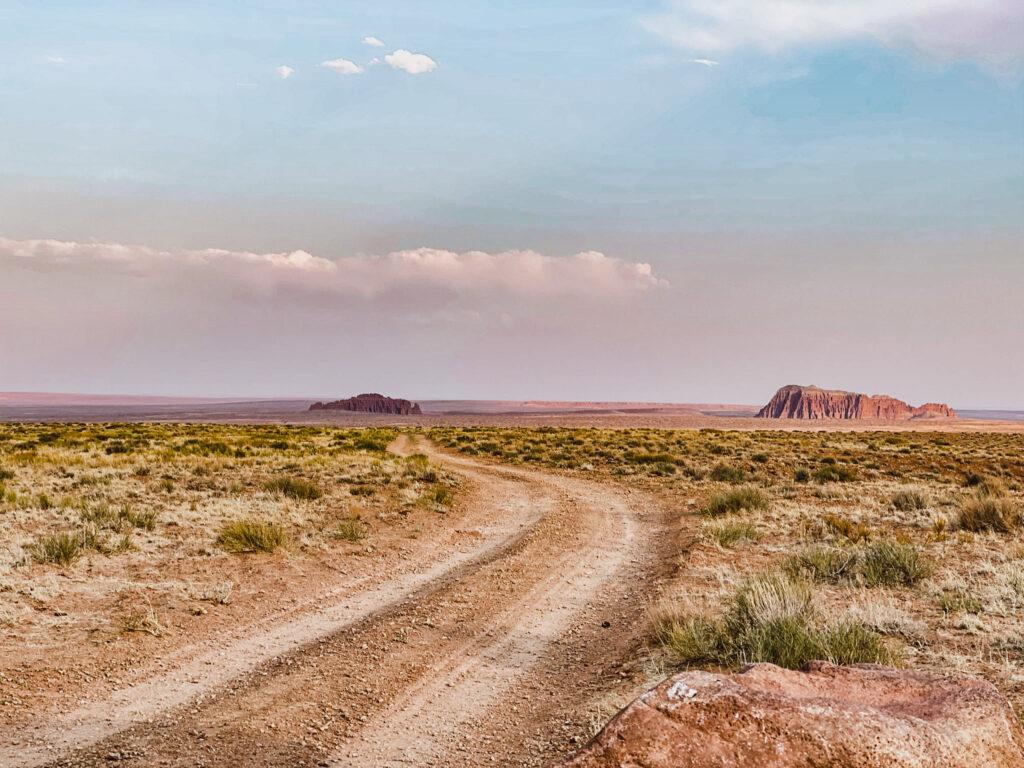
7. Watch Your Step
It’s essential to be mindful of your footing and watch out for rocks, roots, and other obstacles. Here in Florida, we have many hiking trails with roots and uneven terrain. This is another reason why taking it slow on your hikes will always be to your advantage.
Tripping or slipping can lead to injuries, so pay attention to where you’re stepping and take your time. When necessary, use trekking poles to help with balance and stability.
In Florida, for hikes in places like Rainbow Springs or Wekiva Springs, I don’t usually bring my trekking poles because it’s pretty flat along the trail.
On the other hand, if you decide to go hiking in places like Hidden Waters Preserve or Black Wear Wilderness, where it’s uneven terrain mixed with roots and going uphill, it’s best to hike with trekking poles. Also, take your trekking poles with you on all your hikes.

8. Follow the Leave No Trace 7 Principles of Hiking
We are devoted to encouraging responsible hiking and outdoor experiences at all times.
This is why we’re always talking about the importance of following the Leave No Trace principles of hiking which are:
- Plan Ahead
- Camp and travel on sturdy and durable surfaces
- Dispose of waste in a proper way
- Leave what you find
- Minimize impacts caused by a campfire
- Respect wildlife at all times
- Be considerate of others
Packing out all your trash and leaving the trail as you found it is essential for preserving the natural environment. And although is pretty simple, many people “forget” to pick up after themselves.
Additionally, please avoid damaging plants and wildlife by staying on the marked trail and properly disposing of trash.
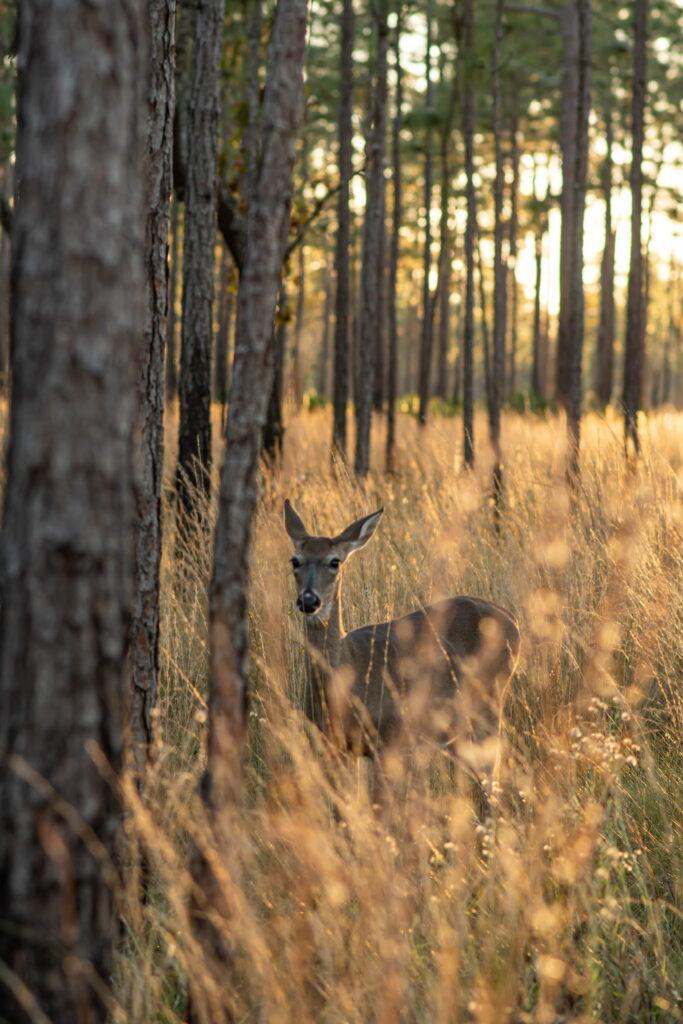
9. Hike with a Partner (if You Can)
For many reasons, it’s good to have a hiking buddy, even if you’re a seasoned hiker. Having someone to help you in case of an emergency can be crucial when you’re outdoors.
Additionally, hiking with a partner can be great for motivating each other when you start hiking. It’s easier to complete a goal when you share it with someone who wants to achieve something similar.
Nonetheless, it’s also good to learn how to start hiking alone, learn wilderness skills, and always have a plan in place for emergencies.
If you’re hiking alone, always let someone in your family know where you’re going, the length of the trail, and the approximate time it will take you to complete it.
10. Learn Basic First Aid
Once you decide to start hiking, it’s important to know basic first aid skills, such as how to treat cuts, blisters, and sprains. Accidents can happen (and will happen).
In case of an emergency, being prepared can be a game-changer. You can sign up for a first aid course or read up on basic first aid techniques before hitting the trail.
Useful Classes For Hiking Beginners That You Can Take Before You Start Hiking

How Do You Recover From Hiking Fatigue?
After your hike, it’s important to cool down and stretch to prevent muscle soreness and injury.
Take some time to walk around and stretch your legs and back. If you’re hiking in the springs, this would be a great time to get in the water for a cool down!
Replenishing your body with water and nutrients after your hike is also important for recovery.
Drink plenty of water and eat a balanced meal to refuel your body. After my hikes, I usually add this replenishing mix with electrolytes to either orange juice or cold water to support muscle recovery.
Resting and allowing your body time to recover after a hike is important to prevent injury and fatigue.
Take some time to rest and relax after your hike, and avoid overexerting yourself in the days following your hike.
Final Thoughts
Hiking can be a challenging but rewarding activity for beginners. With the right gear, techniques, and preparation, anyone can enjoy the great outdoors on foot.
Continue hiking and trying out new trails and later on, start hiking the more challenging hiking trails to build up your experience as a hiker.
There are many resources and communities available for beginner hikers, such as hiking clubs like the Sierra Club organization with whom I started my hiking journey, and are a great resource.
You can also join the 52 Hike Challenge community which is great for motivation and an excellent way to start your hiking journey.
Also, online forums and your local Facebook groups can be great to find hiking buddies or group hikes.
You can be part of groups like Gals Who Hike Florida on Facebook which is a great community for women hikers of all experience levels.
Don’t be afraid to reach out for help and advice as you start your hiking journey! If you have any questions for us, we would be glad to help!
Save it for Later!

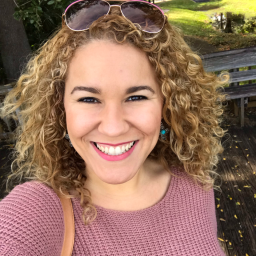
Hey, I’m Yanitza 👋 Adventure Travel & U.S. Destination Specialist, travel writer, and hidden-gem hunter with over 8 years of experience helping travelers explore deeper and travel slower. I specialize in crafting authentic, stress-free adventures from small towns to scenic hikes and scuba dives. I’m a firm believer that the best stories happen when you venture beyond tourist hotspots. When I’m not planning getaways or writing travel guides, I’ll probably be home rewatching The Vampire Diaries like it’s my job and daydreaming about future adventures in Spain.
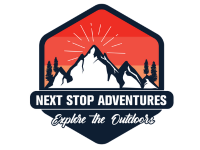
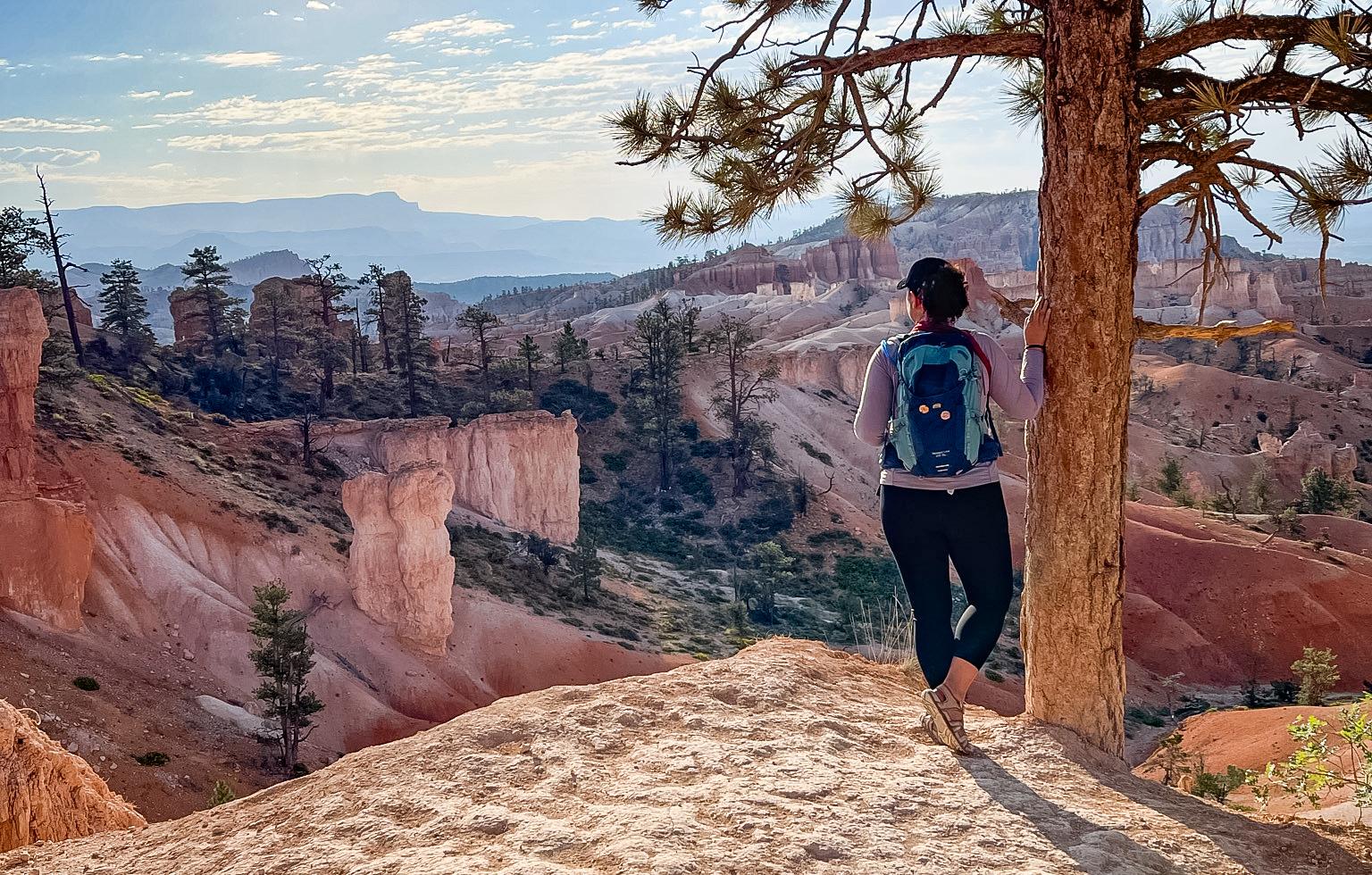
Love this post! I definitely don’t take enough water hiking haha. My first big (Multi-day) hike I did alone but I definitely checked it was a safe area first. Lots to think about!
Oh, yes! There’s a lot to think about before going on a hike, especially when hiking alone.